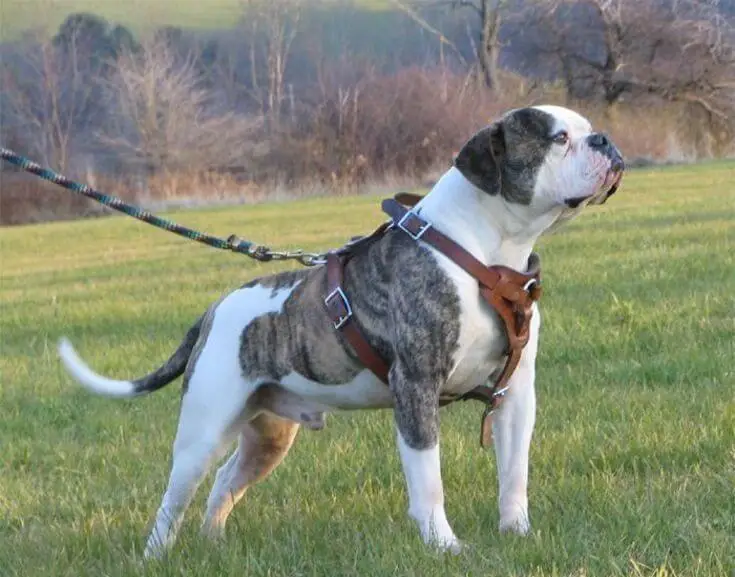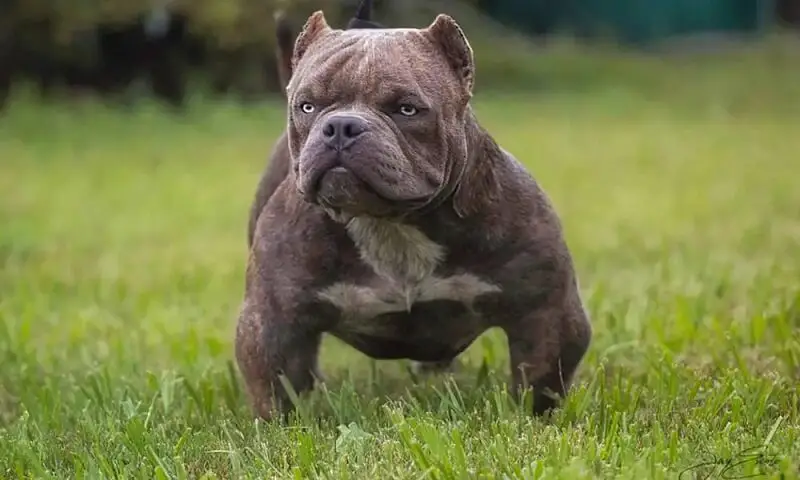Dogs use panting as a cooling mechanism, but if your dog is breathing fast but not feeling hot to pant, here are a few reasons he would do this. First off, you should take into account how fast your dog is actually breathing. A very fast-breathing dog might experience Tachypnea, a medical issue described as excessive breathing, and requires a visit to the vet ASAP because it can get life-threatening quickly.
Your Dog Might Have an Infection
Rhinitis or another type of infection that would cause inflammation or an infection of the mucus membranes situated inside the dog’s nose, might cause it to breath fast but not pant. An infection can also be created by sinusitis when the dog’s nasal passages will be damaged, and this is an issue because this medical issue can easily spread to the lungs. There are some viral infections that can also cause this, like canine distemper.
You might also like my articles on:
- Why pregnant dogs are breathing heavily
- Reasons for a dog to start whining
- What to do when a dog ingested coffee
You will know the dog is suffering from rhinitis when you also notice other symptoms, like nasal discharge, breathing through the mouth, snoring, and sneezing. Among these, other symptoms like pawing at the face or labored breathing could also point to rhinitis. At some point tears and inflammation in the eye area might also be visible. These infections are commonly treated with the help of antifungal medications or antibiotics, depending on the root cause. Some extreme cases might also require surgery to fix whatever parts of the nasal passage have been damaged by the illness.
Your Dog Could Be Anemic
A dog that suffers from anemia will usually breathe quicker, although he might not be panting. Anemia is basically your dog not having enough red cells in his blood. Red blood cells are very important because they carry the needed oxygen throughout the whole body of the dog. A dog suffering from anemia will be very lethargic. As a result of this, your dog might also have difficulty exercising at his normal pace and won’t be able to run around, while also breathing quicker and heavier than before.
Anemia will also cause the dog to refuse eating and the membranes inside the nose might also become pale. This is a condition that should be treated with the help of a veterinarian because it can easily become life-threatening. It might even get to the point where it is so severe that the doctor will recommend a blood transfusion to save the dog’s life. This is the case when more alarming symptoms are also noticed.
Your Dog is Very Excited or Stressed Out
 A really excited or even stressed-out dog might start to breathe faster although he might not pant. A dog that is constantly stressed out either because he is scared or because of something else might reach the point where the quick breathing starts to become a normal part of his life. Each time a phobia is triggered or the dog gets anxious he will begin to breathe quicker.
A really excited or even stressed-out dog might start to breathe faster although he might not pant. A dog that is constantly stressed out either because he is scared or because of something else might reach the point where the quick breathing starts to become a normal part of his life. Each time a phobia is triggered or the dog gets anxious he will begin to breathe quicker.
Fear, stress, and anxiety aren’t the only reasons for a dog to start breathing more quickly. The opposite might lead to the same behavior. For example, your dog might start to breathe faster when he is very happy or excited about a certain thing. Among these types of situations are you taking him out for a walk or in the dog park or him meeting people he feels close to. Although a dog breathing quickly for these reasons is surely not something you should worry about, you can still try to calm him down.
The Normal Heart Rate for Dogs
Considering that dogs come in almost all shapes and sizes, the normal heart rate range is significant. Dogs can have a heart rate that ranges from just 55 to 140 beats per minute. Bigger dogs will have a slower beating heart, with about 60 to 100 beats per minute, while smaller ones will have fast-beating hearts, with beats ranging from 100 to 140 per minute. Keep in mind that these numbers only apply for a calm and resting dog. They will increase as the dog moves around, runs, or exercises.




